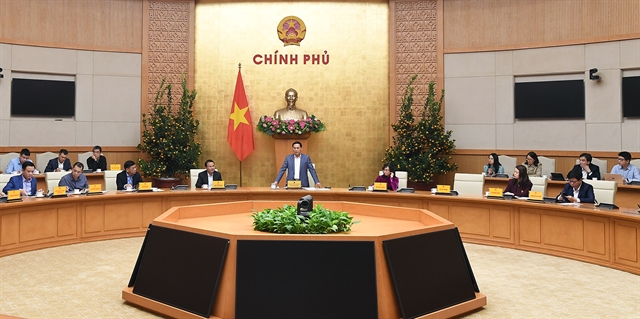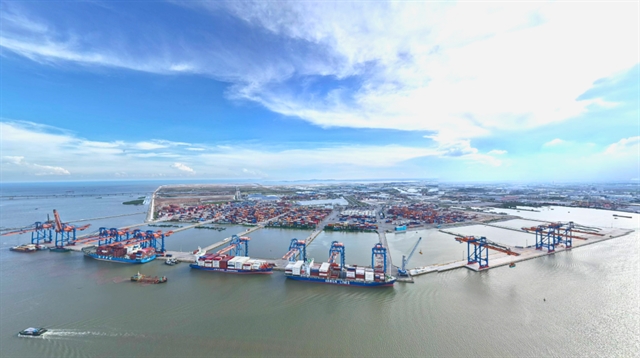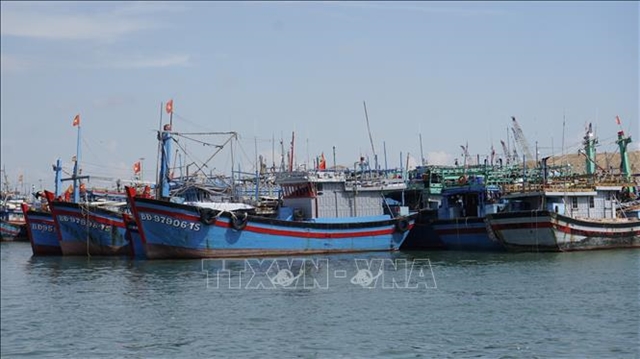 Society
Society
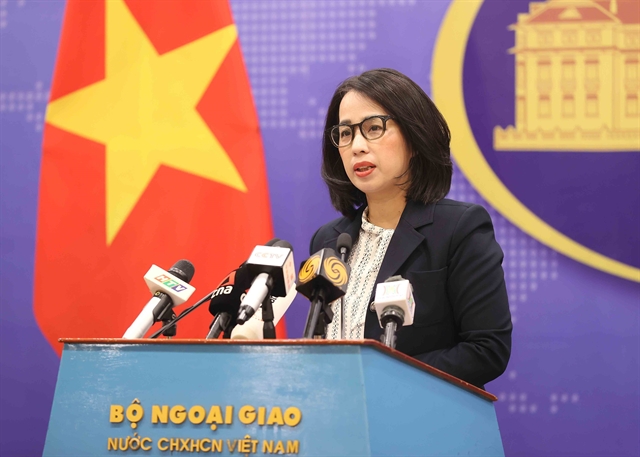
Asian and European educators meeting in Viet Nam this week agreed that innovative education is the key to ensuring qualified human resources for the sake of countries’ sustainable development.
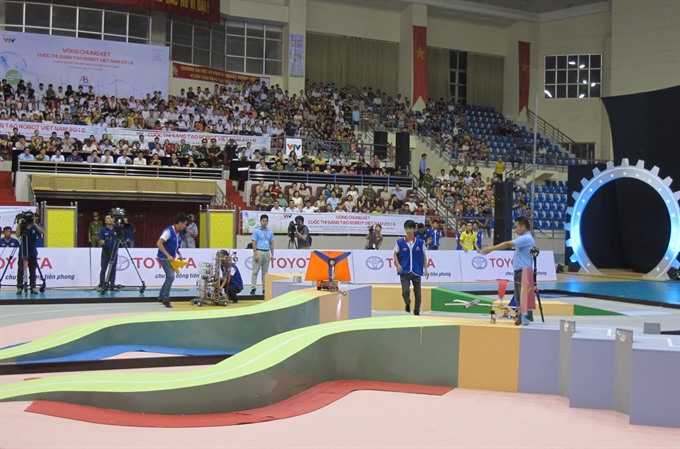 |
| The finale of the 2016 Robocon Việt Nam contest at a sports complex in Ninh Bình Province. — VNA/VNS Photo Ninh Đức Phương |
THỪA THIÊN- HUẾ — Asian and European educators meeting in Việt Nam this week agreed that innovative education is the key to ensuring qualified human resources for the sake of countries’ sustainable development.
The conference in the one-time Vietnamese capital of Huế brought together delegates from Asian and European countries, including Finland, Japan, India, Korea and Indonesia, for four working sessions on March 30 and 31.
Delivering a speech at the opening of the ASEM (Asia-Europe Meetings) Conference yesterday, Vietnamese Deputy Prime Minister Vũ Đức Đam said education is the key for development of every society.
“The mission of the education sector becomes stronger in the context of a turbulent globe. Terrorism, trans-bordered criminals, new diseases, environmental disasters and climate change are challenging the young generation of global citizens,” Đam said.
He emphasised the crucial role of education in building up a generation that is responsible for their country’s destiny and international co-operation in coping with emerging issues.
Đam also highlighted the contribution of the Asia-Europe Meetings in shrinking the gap between the two continents.
Delegates agreed that international co-operation would help foster progress in innovative education as each country gets an opportunity to learn from others.
Prof Dr Aris Junaidi from Indonesian Ministry of Research, Technology and Higher Education said education is important for the country to stay competitive in the growing global economy, but practice of innovative education has yet to be effective. He thus highlighted the need of educational co-operation with other countries.
Deputy President of the Korean Educational Development Institute, Dr Bang-Ran Ryu, wanted the conference to be a means to foster exchanges and co-operation. “Innovation helps to alter the way we think in shifting our society from old to modern norms. ASEM countries’ co-operation will create a platform to assist those who want to follow tertiary educations abroad,” he said.
The Finnish model
During the first plenary session, Finland was noted as one of the world’s most successful models of innovative education.
According to Finnish Deputy Minister of Education and Culture Anita Lehikoinen, the country has succeeded in offering free education for all citizens and creating equality in education for both women and men.
Lehikoinen said the country also set up committees to boost the development of innovative education, prevent corruption in the sector as well as mobilise sources from various stakeholder for educational tasks.
“We offer flexible education programmes for meeting individual needs, and each student gets a chance to learn basic skills, soft skills and also essential skills in ICT to be competent citizens,” Lehikoinen said.
She added that the country’s education sector emphasised the effectiveness of education and research innovations. “Those must be good for our system but also proper for the global context,” she said.
The conference continues today with discussions of the vision and actions needed to enhance the co-operation between the two continents in the field. — VNS


